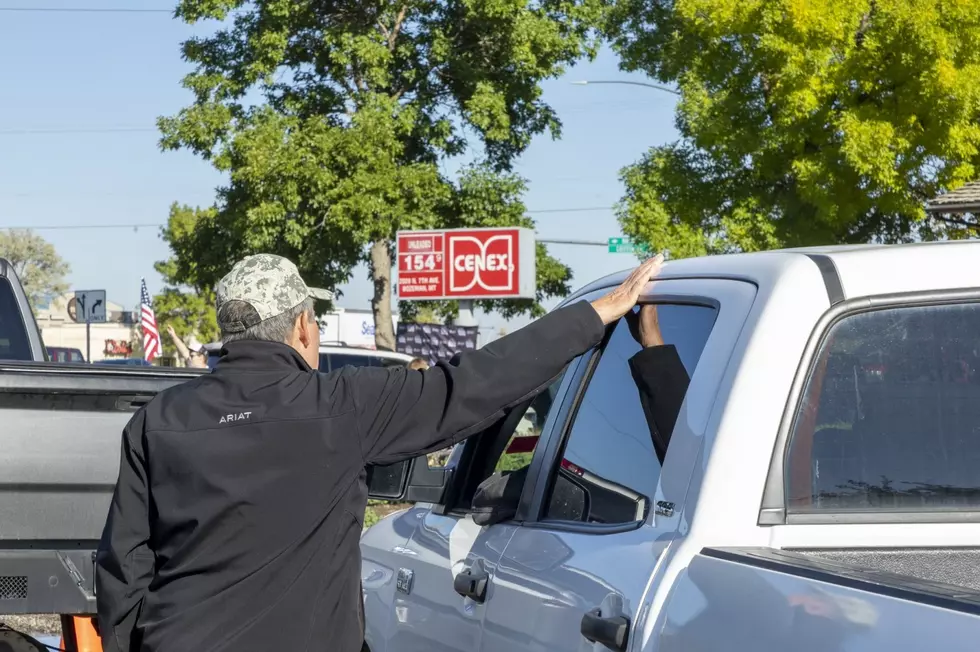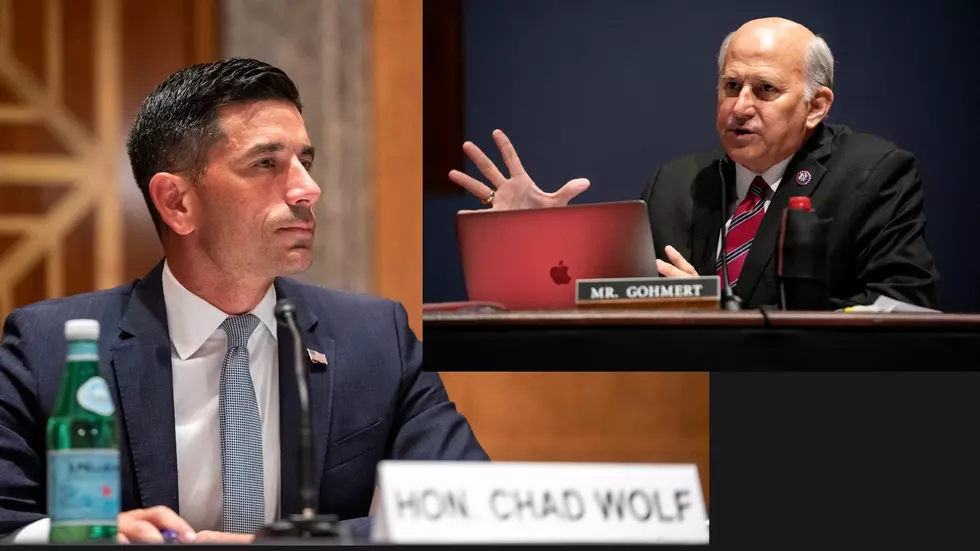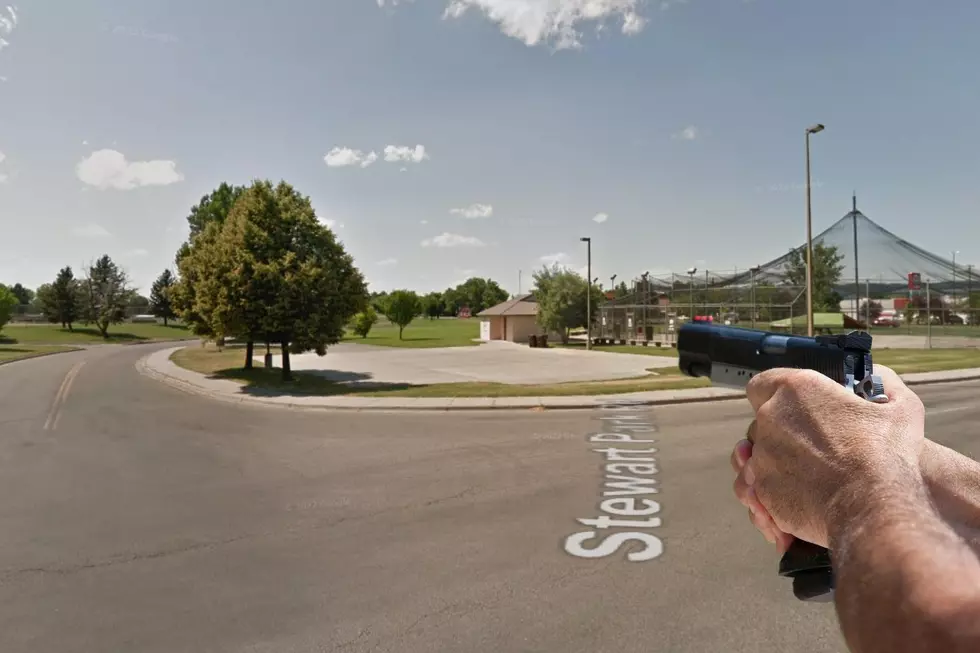
Veterans Network in Billings Helps Veterans During Holiday Season
Released December 1st from the Veterans Navigation Network:
The holidays can be stressful for all, and veterans are especially at risk. The Veterans Navigation Network reminds Billings-area vets to reach out for help navigating services or to find a friendly ear. In 2022, the nonprofit helped close to 300 vets. It connects them with available resources and is expanding its peer mentoring program, which nine volunteers currently staff.

Carol Mick of Billings served in the U.S. Army, Army Reserve, Navy Reserve, and Montana National Guard. Her brain injury makes it difficult to navigate the Veterans Administration and other veterans’ organizations for healthcare and general support. Still, Mick says, “A lot of people have it much worse. We have vets committing suicide. It comes from people not listening to them.”
Montana has one of the highest percentages of military veterans in the United States. The state’s suicide rate also ranks near the top. According to a May 23, 2022 report from the National Institutes of Health, “Veteran suicide rates are at the highest level in recorded history, with annual deaths by suicide at over 6,000 veterans per year. … The U.S. Department of Veterans Affairs (VA) published data in 2016 that indicated veteran suicide rates were 1.5 times greater than non-veterans.”
Mike McManus, VNN program coordinator, and a 20-year U.S. Air Force veteran says, “Veterans can be reluctant to seek help. They may know they need it, but don’t know where to turn. A lot of great organizations work specifically with vets.” He adds, “Our goal is to create awareness and to help connect vets to the right programs or with a person who will listen.”
David Segall, a United States Marine Corps veteran, “I found myself in a new city without any support network at all” when he moved to Billings just before COVID hit. Segall recalls that Blake Fuhriman, chairman of Veterans Navigation Network, personally coached him.
“He helped me get a gym membership, housing, and food” by connecting him with Adaptive Performance Center, Veterans Meat Locker, and other nonprofits. “The VNN really saved me,” Segall says.
The nonprofit, according to McManus, is expanding its team of mentors with support from Billings Community Foundation and Gianforte Family Foundation grants. “Each mentor will have up to three mentees. We are also expanding outreach to promote the idea of mentors to various veterans’ organizations. We want to make sure we reach out to all veteran populations—all military branches, sexes, and backgrounds,” he says.
Fuhriman served in the Army Ranger Regiment and completed three deployments to Afghanistan before returning home in 2013 to Sheridan, Wyoming. He went to college, held various jobs, and moved around a lot—but struggled to transition from military to civilian life. The support and camaraderie he found from fellow veterans compelled him to launch the VNN in 2019.
“Through peer-to-peer mentorship,” Fuhriman says, “we’re going to make sure they succeed.”
More information on the Veterans Navigation Network is available from Mike McManus, program coordinator: mike@veteransnavigation.org or 406-435-9308.
Words and Phrases That Prove Montanans Have an Accent
More From KBUL NEWS TALK 970 AM & 103.3 FM









